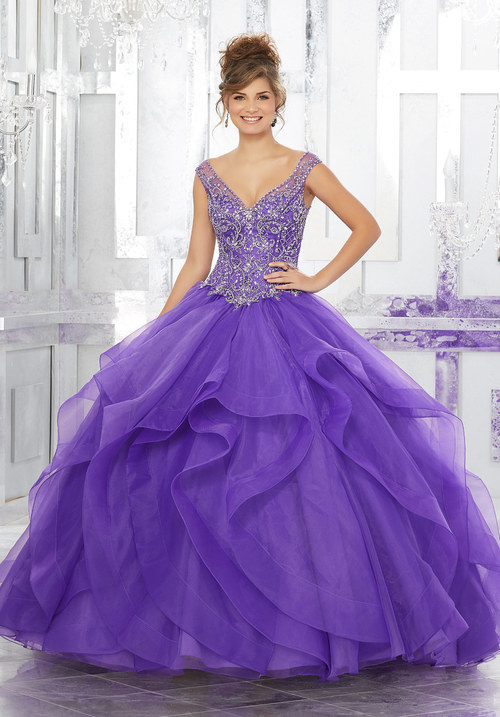Does fashion photography make you dream about exotic locations, huge paychecks and a life full of beautiful models? It’s time learn how to tell fantasies from reality. Being a fashion photographer is hard work, which often leaves you so washed out that you can’t think about all the advantages.
Becoming a fashion photographer requires a lot of patience, experience, stamina, and time. If you think you have what it takes to master the profession, you make take advantage of a few tips. New York fashion & hair photographer Araman agreed to share several professional tricks to make your road to success a little easier.
1. Develop Your Concept And Don’t Give Up
Before coming to a photoshoot, a professional fashion photographer must have a concept in mind. Reading books on hair and makeup. Browsing the photoshoots of your colleagues. Watching your favorite movies. Whatever you need to do to get inspired, do it.
A fashion photoshoot is a group effort. Even though having professional and diligent partners (stylists, makeup artists, etc.) is important, you can’t relinquish the idea to them. Allow them to make suggestions and be ready to follow. But never give up on your concept.
2. Always Experiment With Lights
The light can make or break your photoshoot. You already know how different your photos can look with various lighting. Don’t hesitate to take the time to change the lights, mix them, remove them and so on.
Sometimes, the result of a photoshoot doesn’t depend on the location, hairstyle, clothes or the model’s professionalism. All these pale in comparison to the right lighting. It can either save a failing photoshoot or sink an excellent session. Play around with the light.
3. Find a Perfect Team
As a beginner in the fashion photoshoot world, you may need to work with different teams. However, with time, you’ll understand that your own team is priceless. By choosing the people who help you work, instead of wishing they wouldn’t impose their opinions, you can enhance the output.
A coordinated team doesn’t just help you improve your work at each given photoshoot, it helps you build your brand and get more clients.
4. Start At The Studio
Studio shoots are the simplest since they are built to help you play around with lighting. If you are a beginner, don’t agree to underwater or horse-riding in the snow shoots. No matter how talented you are, anything out of the studio is bound to be botched.
Allow yourself to gain some experience in the most comfortable conditions. Before starting a shoot, make sure you explore the studio and find the best places for the models. Experiment with lights before the photoshoot starts, not during it.
5. Break The Rules
All famous fashion photographers break the rules. All amateurs try to do the same and most fail. Why? Because breaking the rules is a tough job, which needs many preparations. Coming up with something new and fresh is a step toward recognition. However, such steps often fail.
As an aspiring fashion photographer, you should be ready for failure. Perhaps you’d need to live through a dozen failed session to finally create a masterpiece. Always be ready to experiment and look for something special. Many photographers learn by shooting their friends before moving on to models.
6. Get Emotional
No, not yourself. Ask the model to portray different emotions. Playing around with these emotions can help you get truly amazing pictures. Remember, all depends on the model you are working with. Some look perfect when smiling only. Others can be more pliable.
You’ll have very little time to understand what model you are working with. So start by asking her or him to show you the emotions. This can help you understand how to use the model to maintain your concept.
7. Take Peeks
A smiling model, who is looking straight at the camera, is outdated. Try to catch a moment when the model is doing something ordinary like tossing her hair or tying her shoes. More often than not, such shots turn into masterpieces. You can use them as an inspiration for your next shoots.
8. Filter Or No Filter?
While back in the day a filter, like UV for instance, was an essential element of any photo shoot, these days cameras are so advanced that you do not really need to use a filter anymore. In fact most photographers agree that putting an additional filter in front of your expensive lense is another element that separates your subject from your sensor or film. Or when shooting garments there is a risk of ruining the actual texture when you use filters.
However there are certain photography industries and genres that would require you to put the filter on. For instance many photographers mention that polarizers are crucial to keep the reflections away when doing product photography. Moreover plenty of ‘action’ photographers as well as sports fashion photographers have to use some filter simply for protection sake.
So be careful when using filter and make sure that you really do need them.
Each fashion photographer has a certain set of rules and tricks. You are bound to develop a few of your own with time.



